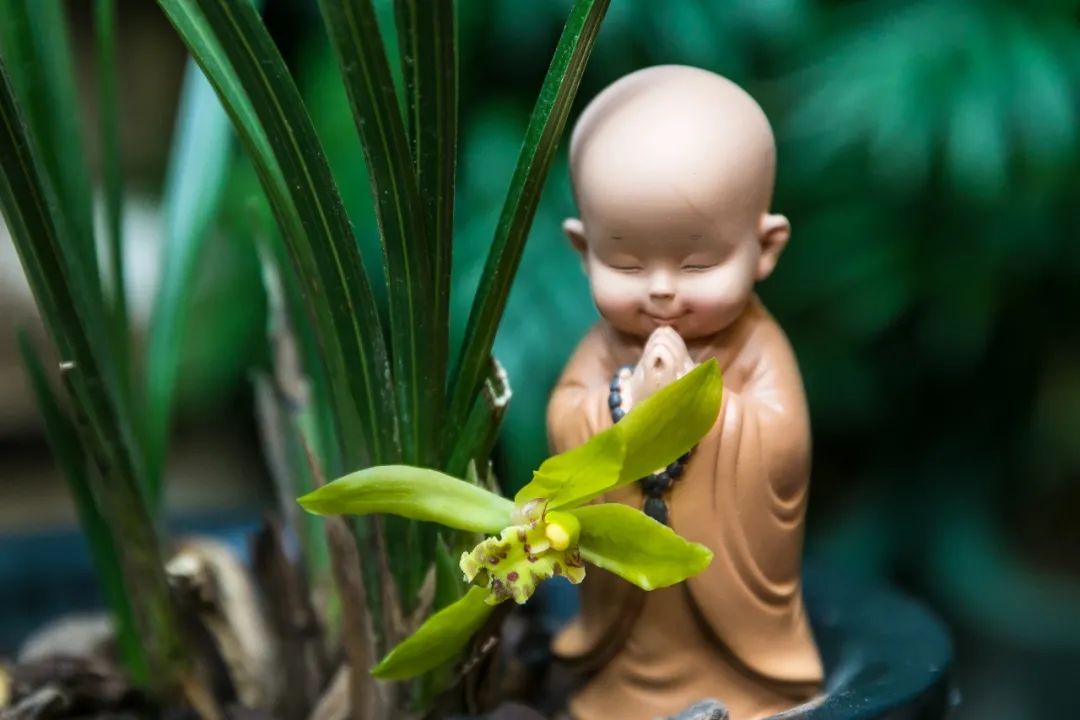先让心出家 |【文化释说 • 连载 • 英文有声书】第五篇(二)中

【文化释说 • 第五篇】
先让心出家
Letting the mind
renounce the household life
( 5.2 中 )
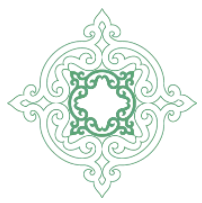
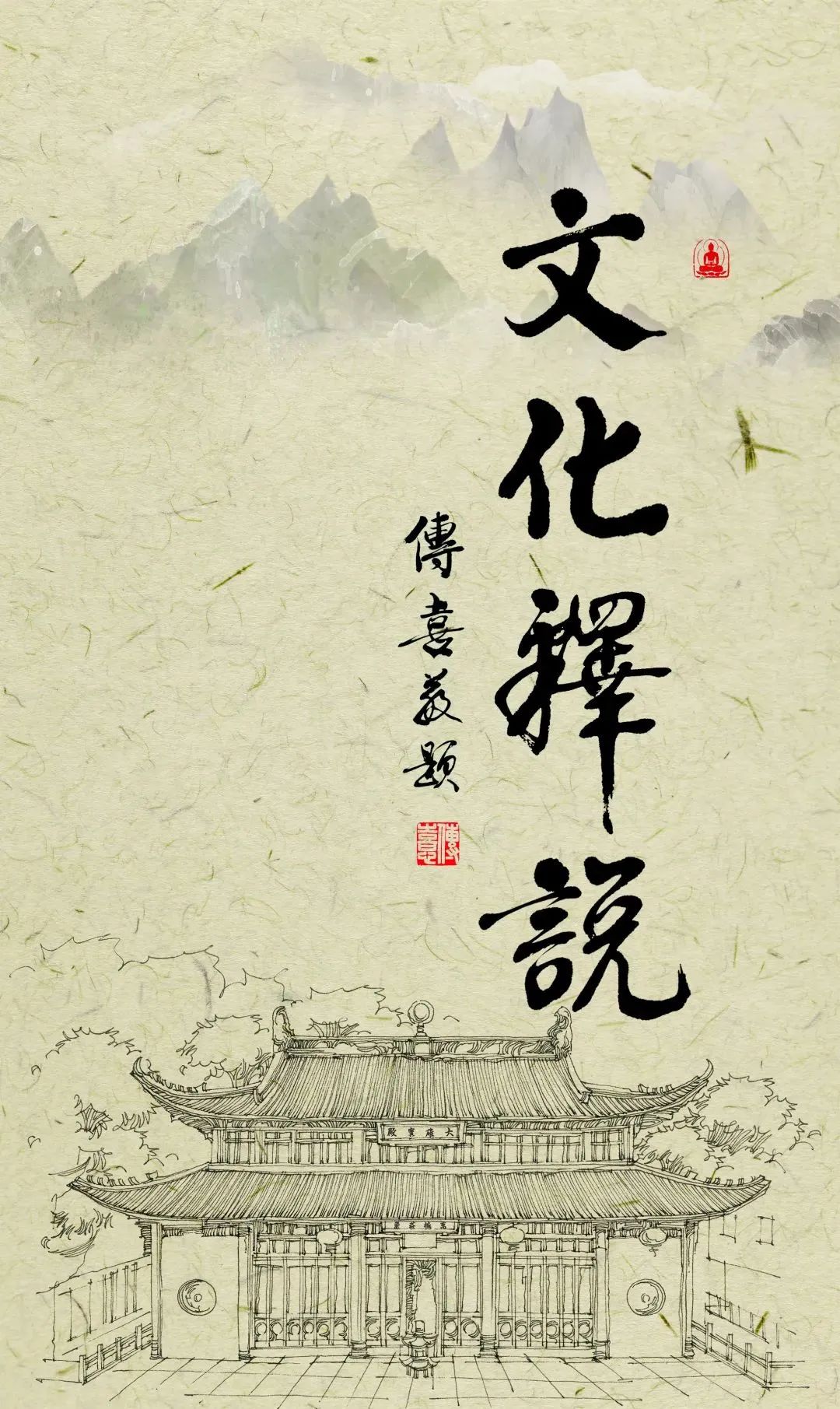
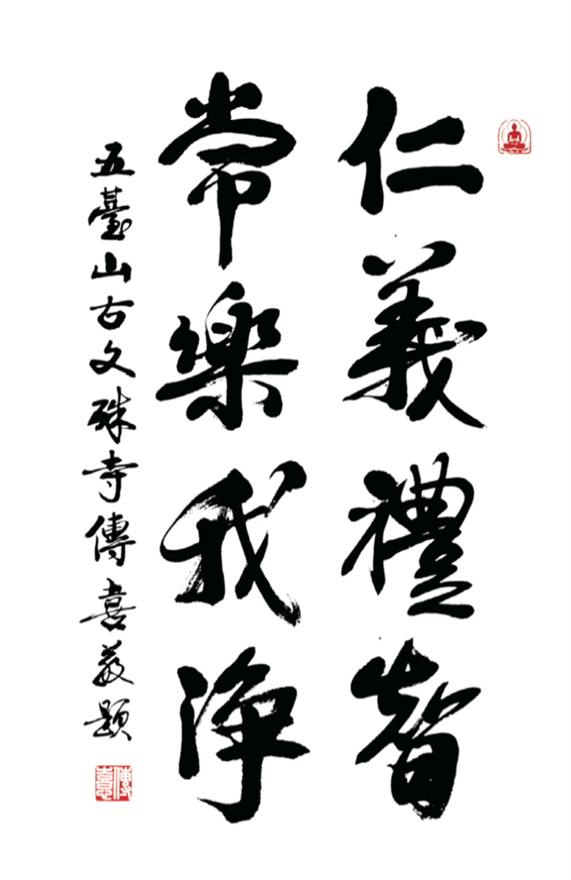
仁义礼智
常乐我净
Benevolence, Righteousness, Propriety and Wisdom.
Everlastingness, Bliss, Self and Purity.
—— Master Chuanxi
Manjusri Monastery
Mount Wu Tai
平时,
我们的心灵被束缚了、被迷惑了。佛是圣人, 我们是凡人。
但佛告诉我们了,
所有一切凡人都有佛性。
In our everyday life,
our spiritual self is being bound up, lost and deluded.
The Buddha is a holy person, while we mundane beings.
But the Buddha has told us that all mundane beings possess Buddha-nature.
智言醒语

那凡人与圣人最大的区别是什么?区别就在:凡人没觉悟, 圣人觉悟了。所以有一句话叫: 凡人是未觉悟的佛,佛是已经觉悟的凡人。所以我们才要去除烦恼, 降伏自心, 把心灵当中的黑暗扫除掉。
So what is the biggest difference between those who are holy and those who are mundane? The difference is: the mundane person has not realized enlightenment while the Buddha has. As such, there is the saying that the mundane being is an unenlightened Buddha while the Buddha is an already enlightened mundane being. Hence, the need for us to eradicate mental afflictions and to tame ourselves, and to eliminate the darkness within our spiritual self.
所以我们佛弟子每日扫地, 都要念: 扫地扫地扫心地, 心地不扫空扫地。
Therefore, our disciples will chant this when they sweep the floor everyday: as I sweep this floor, I am sweeping the the ground of my mind; if I do not sweep the ground of my mind, I am sweeping no floor.

组图|智慧春芽
滑动
查看
在座的诸位都是特别有才华的, 生命力旺盛, 都是社会精英。这两天说要到这里来, 跟大家见面, 我一直在想要准备说什么呢? 首先我就不能来说教, 你们的智商比我还高, 知识特别丰富, 怎么能说教?那我想, 不如就聊聊天。
Every one of you here today are especially endowed, full of energy and the cream of the crop of our society. In preparation for this talk, I have been wondering what I should be talking to you about. Firstly, I should not be talking to you about our teachings as you are more intellectually endowed than me and are especially more knowledgeable. How could I then talk to you about our teachings? Then I thought, why not just let us chat with each other?
佛教说什么? 我们为什么修行? 怎么修? 我们佛教讲要求得解脱。
What is Buddhism about? Why do we practice? And how do we practice? In Buddhism, we talk about seeking deliverance.
梁武帝的时代, 他夺了天下后大赦天下。把犯人都放了。结果管监狱的官员来跟梁武帝汇报, 还有一个人不肯离开, 是个出家人—— 宝志公禅师, 他把监狱当家了。
During the time of Liang Wu-Di, all prisoners were pardoned after he had gotten the whole country under his rule. When all had been released, the prison warden had come to report to Emperor Liang that there was still one person who was unwilling to go home – the monastic Master Bao-Zhi. He had been treating the prison as his home.
这是为什么, 你们知道吗?因为在前一位皇帝的时候啊, 宝志公禅师疯疯癫癫, 别人把他当妖怪关起来了。这位师父他从小就没有父母。没父母他哪来的? 石头缝里蹦出来的吗? 还真是差不多, 他是鸟窝里生出来的。
Do you know why was that so? This was because the previous emperor had deemed Master Bao-Zhi a freak due to his insane and wacky ways, and had sent him to prison. The master was an orphan ever since he was born. Where did he come from since he had no parents? From the rocks? Close enough, he was born in the nest of a bird.
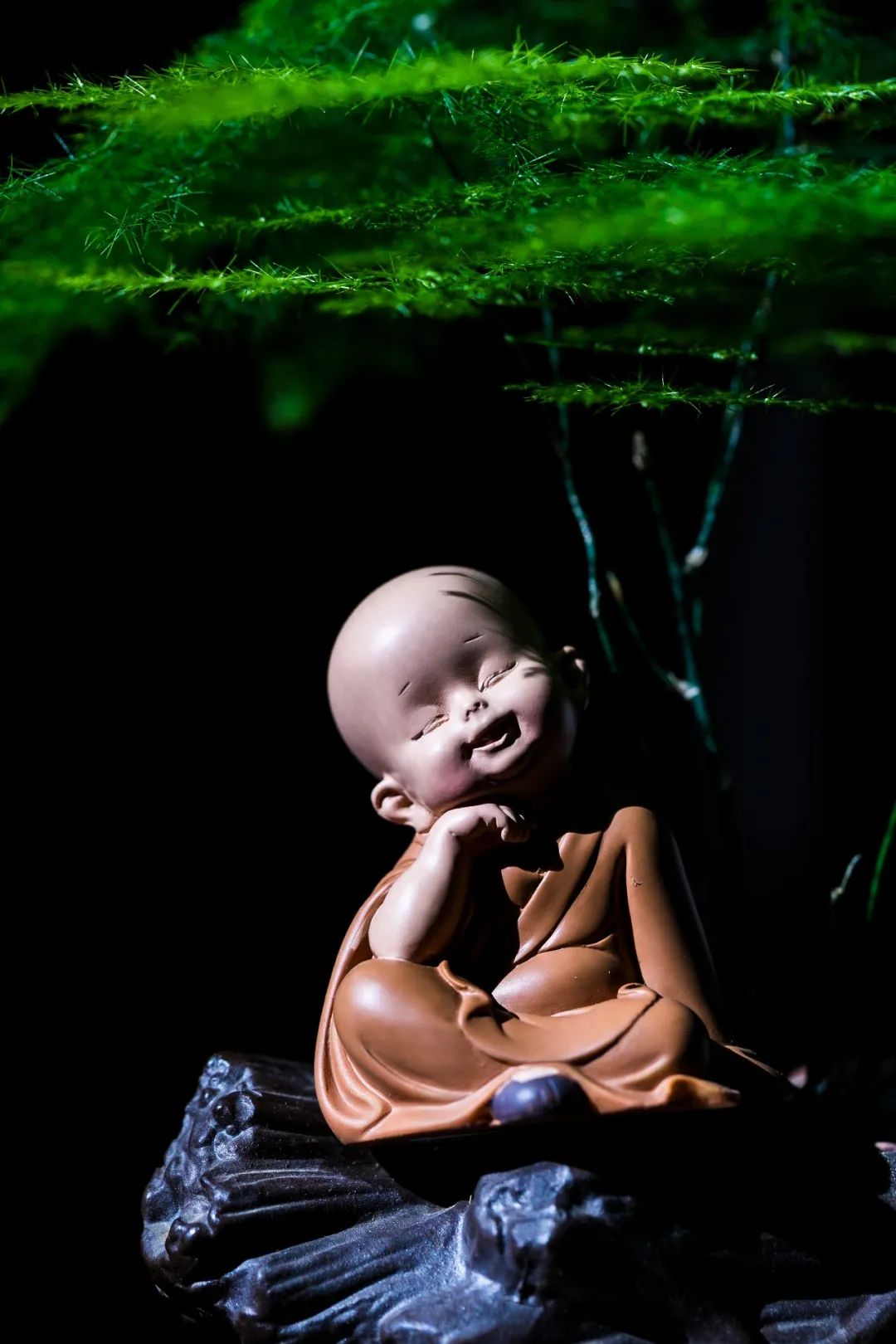
我们中国人奇事可多了, 这个宝志公禅师就很神奇。有一个人, 听到树上那个鸟窝里有小孩子哭, 就爬到树上一看, 真是个小孩, 把他抱下来之后带回家抚养, 这个孩子很小就出家了。
China abounds with incredible stories, the story of Master Bao-Zhi is one of such amazing one. There was a person who had heard the cries of a baby coming from the nest of a bird in a tree. He climbed up the tree and true enough, found that there was a baby in the nest. He brought it back home to bring him up, and this boy renounced the household life at an early age.
宝志公禅师出家之后很早就证果得道, 开悟得道了。就是像济公活佛一样半疯半傻, 别人把他当妖怪, 抓到监狱里关起来了。他在监狱里, 感觉可好了, 本来还是没房子住呢, 监牢里不只有房子, 还有吃有喝, 他就把它当家了。
It was not long after his renunciation that Master Bao-Zhi realized enlightenment and attained the Dao. As he had behaved crazily and insanely like Master Ji-Gong, he was thought to be a freak and was put into prison. He felt at home in prison as he was homeless; and since he was given food as well, he treated as if it were his home.
但其实监狱关不住他, 他有神通。门锁着, 墙很高, 结果他能穿墙过壁, 他出去溜达完了, 又回来睡觉。所以当梁武帝大赦的时候, 他并不走。
In actual fact, he was not incarcerated by prison life for he had magical skills. Although the gates were locked and the walls high, he could walk through the walls to roam freely in the world outside and then return to sleep. That was why he did not want to leave the prison after Emperor Liang had granted him freedom.
梁武帝亲自到监狱拜见这么样的一个奇人。他跟达摩祖师同一个时代的, 后来梁武帝还拜宝志公禅师为国师。
Emperor Liang personally paid a visit to such an extraordinary person. He lived in the same time as Bodhidharma and he would later even go on to appoint Master Bao-Zhi as the national adviser.
Dharma
Practising
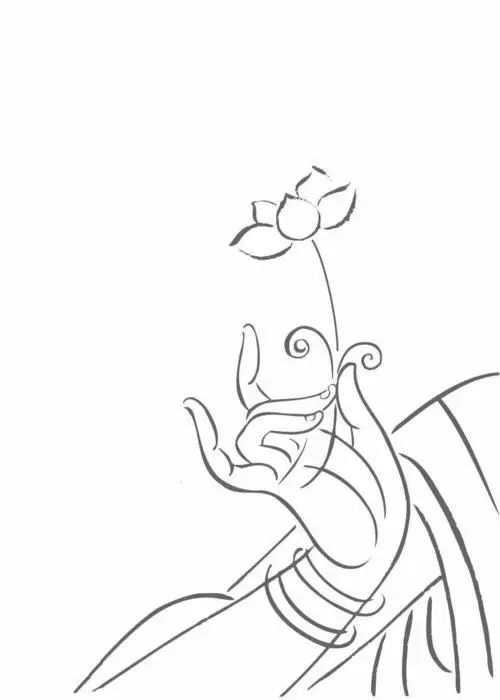
修行求解脱不只是普通百姓的要求, 皇帝也要求。梁武帝的故事, 不知道我们在座知不知道。梁武帝跟达摩祖师很有渊源。达摩祖师就是菩提达摩, 他是印度人, 也是中国禅宗的初祖。看外貌, 胡子拉碴, 光着脚, 通过海路就来中国了, 印度人不穿鞋的。到中国后, 他开始弘法。
Practising to seek deliverance is not only the quest of the common folk; it is that of emperors as well. I am not sure whether you have heard of the story of Emperor Liang Wu-Di. The relationship Emperor Liang had with Bodhidharma was a special one. Bodhidharma was Indian and he was the First Patriarch of Chinese Chan Buddhism. Ruggedly bearded and barefoot, he had come to China via the sea route and started to preach the Dharma once he had reached his destination.
达摩祖师到达广州之后, 有人禀报给梁武帝, 说有一位印度高僧登岸, 据说是佛传禅宗的衣钵传人。
When Bodhidharma landed in Guangzhou, someone reported to Emperor Liang that a highly accomplished monastic who had inherited the Buddha’s Chan teachings had already arrived in China.
梁武帝听了太高兴了, 便派使臣将达摩祖师从广州请到南京, 请到南京之后啊, 到高级宾馆先住好。住好之后, 第二天要上朝, 可是光着脚去上朝, 这个大臣觉得太不雅了, 见皇帝怎么能光着脚呢?就给他备了一双鞋。所以达摩祖师人生第一次穿上了鞋, 他还不习惯呢。
Upon hearing this, Emperor Liang was elated and he sent an emissary to Guangzhou to invite Bodhidharma to go to Nanking (the capital). Once he had reached Nanking, Bodhidharma was given the best accommodation. On the next day when they were about to go to court to see the emperor, thinking that it would be inappropriate for Bodhidharma to be barefoot, the emissary got ready a pair of shoes for him. That was the first time Bodhidharma wore shoes and he could not get used to it.
达摩祖师穿了鞋, 踢踢踏踏地去见梁武帝。见了皇帝之后, 他也不行礼, 与皇帝进行了一番对答。对答虽然很简单, 却成为一个在中国很著名的典故。
With shoes on, Bodhidharma awkwardly went to see Emperor Liang. He did not pay respects to the emperor upon meeting him and engaged in a question and answer session with him. Although the dialogue was simple, it became a very famous Chinese legend.
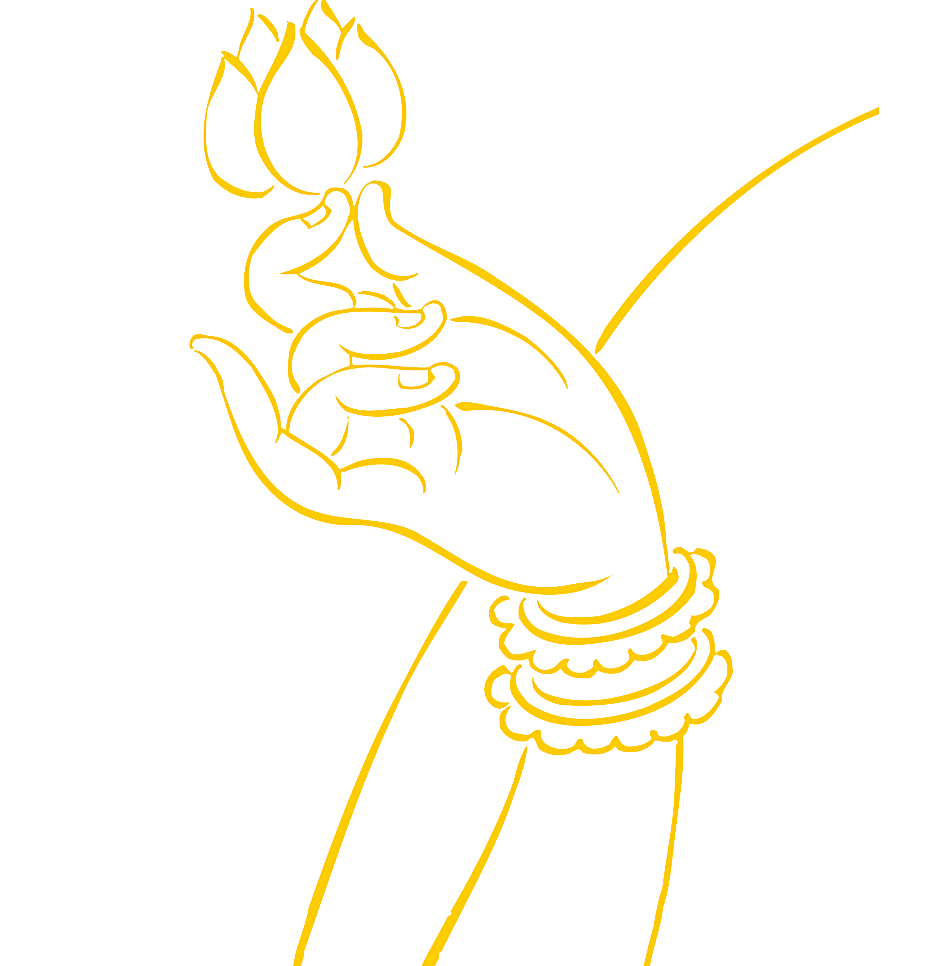
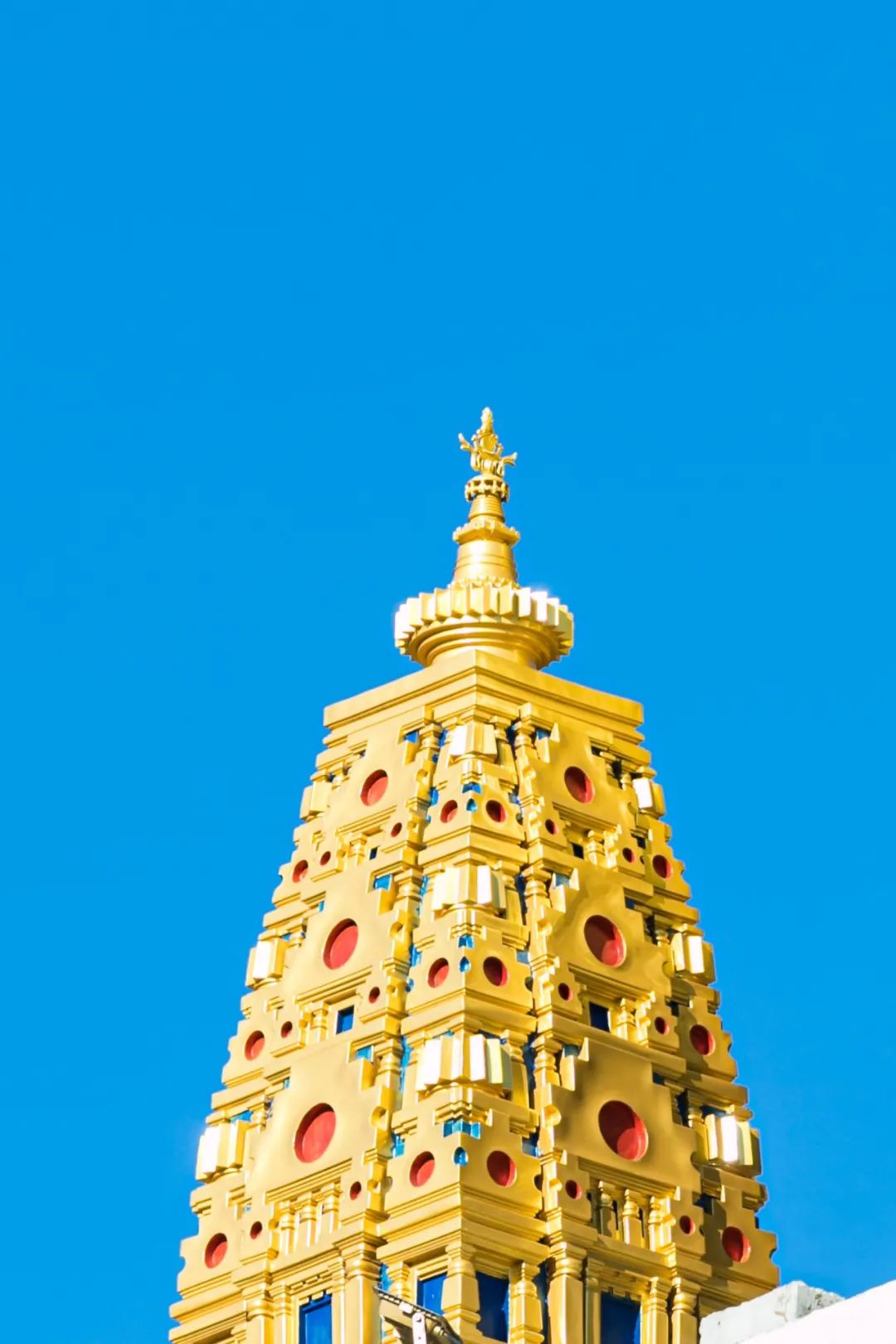
梁武帝问他说:“ 我做好人好事, 五里一庵十里一庙, 谁想出家我供养他, 还供养僧众修行, 我这样的人有多少功德啊? ”
Emperor Liang asked him, ‘I am a good person and have done good deeds – building a nunnery every five li (Chinese mile) and a monastery every ten. I make offerings to whoever decides to become a monastic and also to groups of practising monastics. How much merit and virtue has such a person as I accumulated?’
结果达摩祖师跟他说:“没功德。”这一听恼火了, 皇帝心想: 老百姓都喊我菩萨皇帝, 怎么会没功德? 梁武帝自己出家过三次, 是由亲族、朝臣到庙里出重金赎回来的。大臣们上早朝的时候一看, 皇帝不见了。一打听才知道, 又跑去出家去了, 于是赎回来, 又出家, 又赎回来, 就这样赎了三次。他是真心想出家, 但是出不了家, 国家的重任压在他肩上。
To this Bodhidharma replied, ‘None.’ The emperor fell into a rage, thinking, ‘My people know me as the Bodhisattva Emperor; how can there be no merit and virtue?’ Emperor Liang had himself thrice renounced the household life. It was only after the royal family had paid hefty ‘redemption fees’ that he was returned to the palace. During the morning court sessions, the high-ranking officials had realized that the emperor was missing. It was upon their asking around that they found out the emperor had sought renunciation; and they went to ‘redeem’ him back. This happened three times. He was truly sincere in seeking renunciation; however, he was not able to do that because he had to bear the responsibility of governing a state.
后来梁武帝对儿子昭明太子说:“你父皇是一心想出家出不了家, 你替我满这个心愿吧, 我也不想把这个国家交给你了, 打江山的是我, 在我手里丢掉也可以的, 不可能永保万年江山。”
Emperor Liang later told his son, Prince Zhao-Ming, '' I was not able to seek renunciation although I had single-mindedly wanted to do that.’ ‘Fulfil this wish of mine for me; and as such, I will not hand down the responsibility of stately affairs to you – I should be the one responsible for the governing of the state, and the state might be lost in my hands for I will never be able to protect it forever.''
所以学佛的人懂这些, 秦始皇准备统治天下千年万年, 可他从开始就没想到, 不可一世的秦帝国到他儿子这代就没了。所以梁武帝不将江山交给儿子, 以免他经受人间苦难, 反而让他出家去, 完成自己的遗愿。
Therefore, Buddhists understand things like these. Emperor Qin Shi Huang was prepared to rule for tens and thousands of years, but he had never expected from the very start that what he thought was the one and only Qin Empire would come to an end as soon as his son had assumed the throne. Hence, Emperor Liang did not pass down the throne to his son as he had not wanted him to go through the sufferings of the mundane world. Instead, he had wanted his son to renounce the household life so that his son could accomplish what he had hoped to do.
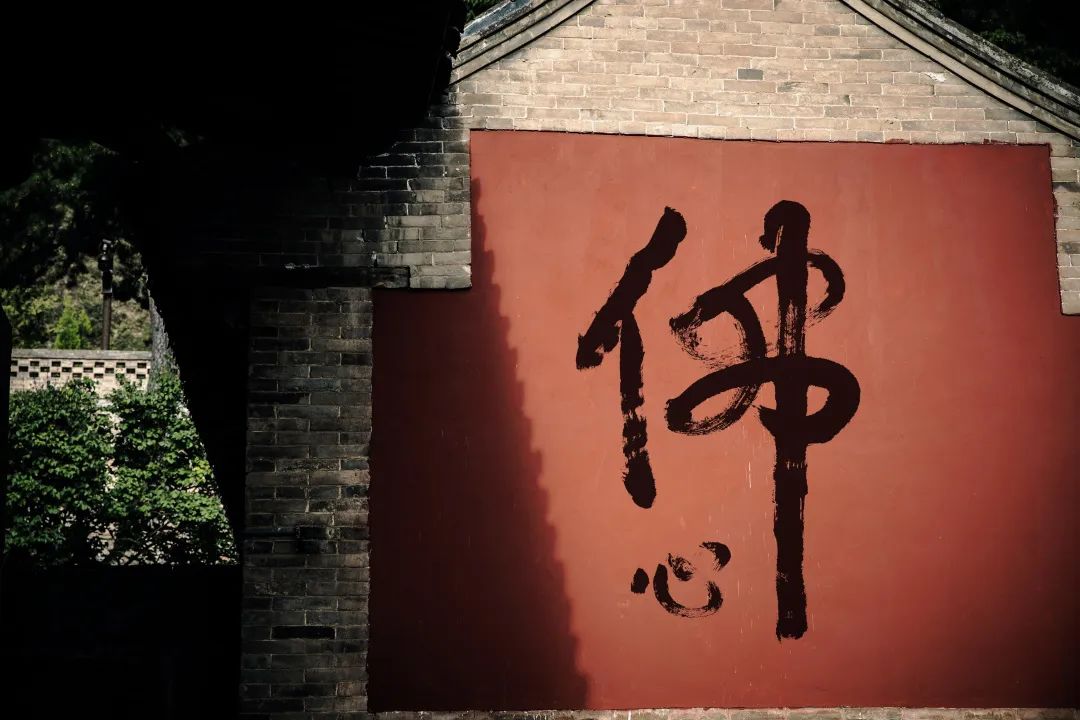
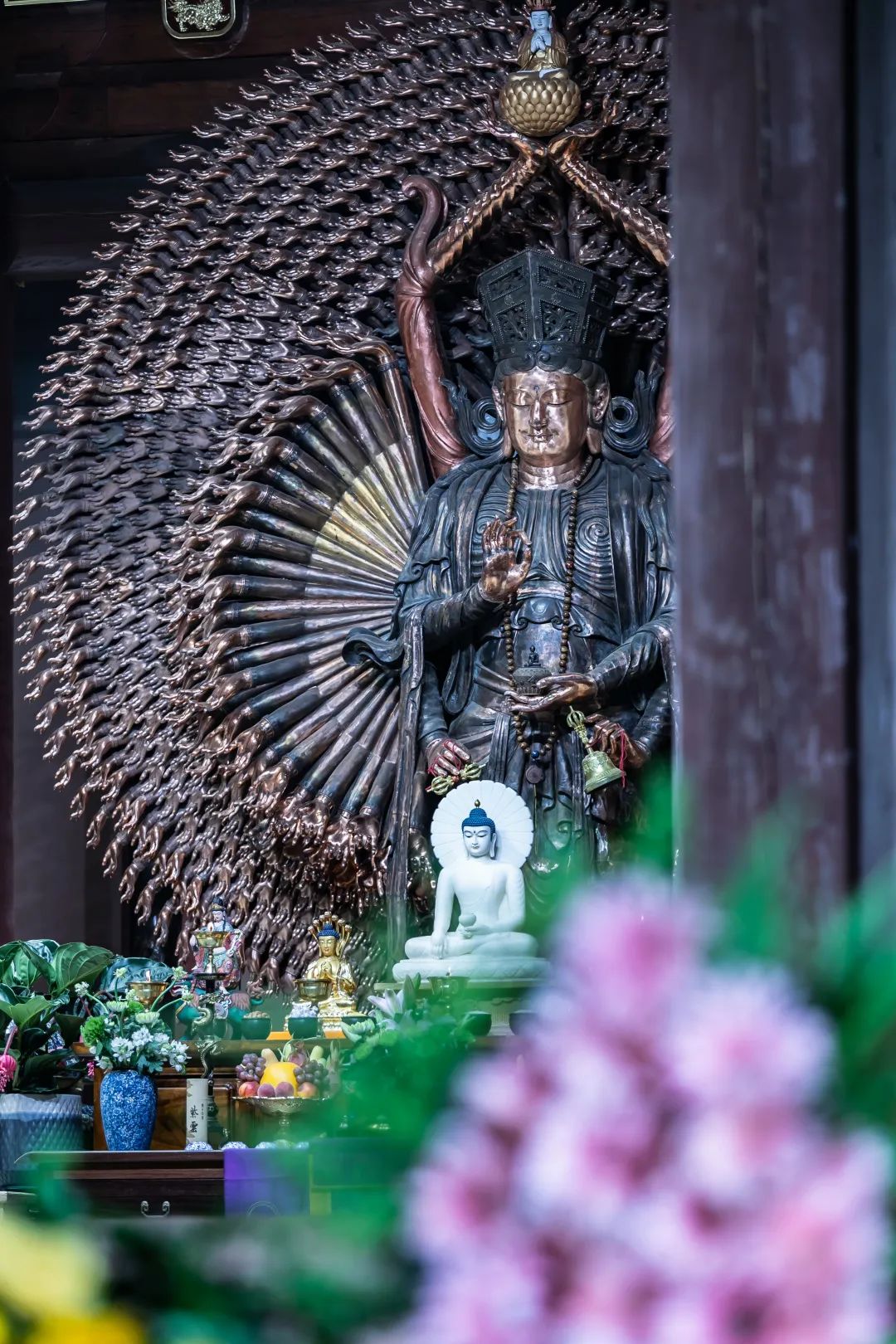
梁武帝真心信佛, 历史上无数人在探究佛, 他们最终都皈依了佛。现在不少学术机构研究佛教, 佛学院也研究, 世界不少名校都有佛学方面的专项研究。现在许多不同领域的专家对佛教产生了兴趣, 有许多新的研究成果公之于世, 人们的认识也更为客观, 正逐步脱离简单地把佛教看成迷信的狭隘思想。
Like the countless number of people in the past who had wanted to find out more about Buddhism, Emperor Liang who was truly sincere in his faith had finally sought refuge in the Buddha. At present, Buddhism is being studied by numerous academic establishments as well as Buddhist institutes; and many well-known schools around the world conduct special research programs on Buddhism. Many experts from different fields have now become interested in Buddhism and much of the results of their studies has been published. The opinion people have of Buddhism has also become more objective – gradually moving away from the narrow and simple perspective that it was not more than just superstition.
梁武帝认为自己一心事佛, 可达摩祖师却说他没功德,他就又问: “为什么会没有功德呢?” 达摩祖师告诉他:“你所做的这些只是人天小果,是一些表面文章, 没有真悟到佛, 怎么能有真功德呢?” 梁武帝问:“如何做才算真功德。” 达摩祖师说:“那是一种清静圆妙的智慧境界, 伴随你的是空寂, 此种功德尘世间无法求。”梁武帝认为自己懂佛, 就说:“那何谓第一圣谛。”达摩祖师答道:“空寂无圣。” 梁武帝生气了,觉得老远请了祖师来, 还奉为上宾,不就把你达摩祖师当圣人吗? 可你说“空寂无圣”, 那我为什么还要盛情接待? 于是他问:“那你是谁?” 达摩祖师说:“我不认得。” 哦, 这里怎么还有这样子说话的人呢? 梁武帝很生气, 他无法理解达摩祖师的深意。梁武帝在位48年, 活了86岁,但历史上结局并不好。达摩祖师跟梁武帝的这段对话,成为中国文化史上非常重要的一段历史插曲。
Although Emperor Liang had thought of himself as a devout Buddhist, Bodhidharma had told him that there were neither merits nor virtues arising from what Emperor Liang had done. Emperor Liang then asked, ‘Why are there no merits and virtues?’ Bodhidharma told him, ‘Your deeds are those that would only bring about the mediocre fruits of the existences of the human and the heavenly being; they are superficial and you have not truly realized the teachings of the Buddha; as such, how can there be any merit and virtue?’ Emperor Liang enquired, ‘How then can there be true merits and virtues?’ Bodhidharma replied, ‘That will be a state of being in which there is purity, quietude and complete profound wisdom; and in which one is accompanied by emptiness and repose. There is no way one can accomplish such merits and virtues in the mundane world.’ Assuming himself to be well-versed in Buddhism, Emperor Liang said, ‘What is the First Noble Truth?’ Bodhidharma replied, ‘There is no nobility in emptiness and repose.’ This angered Emperor Liang as he felt treating Bodhidharma as a noble person was exactly what he was doing since he had invited Bodhidharma from afar and had treated him as an important guest; but Bodhidharma was telling him that there was no nobility in emptiness and repose. He questioned himself why he had given Bodhidharma such a warm reception. He then asked, ‘Who are you?’ ‘I do not know’, said Bodhidharma. Unable to understand the profound meaning of what Bodhidharma said, Emperor Liang became enraged and wondered how could there be a person who spoke like Bodhidharma. Although Emperor Liang lived to 86 years old and reigned for 46 years, history tells us that he did not meet with a good ending. This exchange between Bodhidharma and Emperor Liang has become a very important episode in the history of Chinese culture.
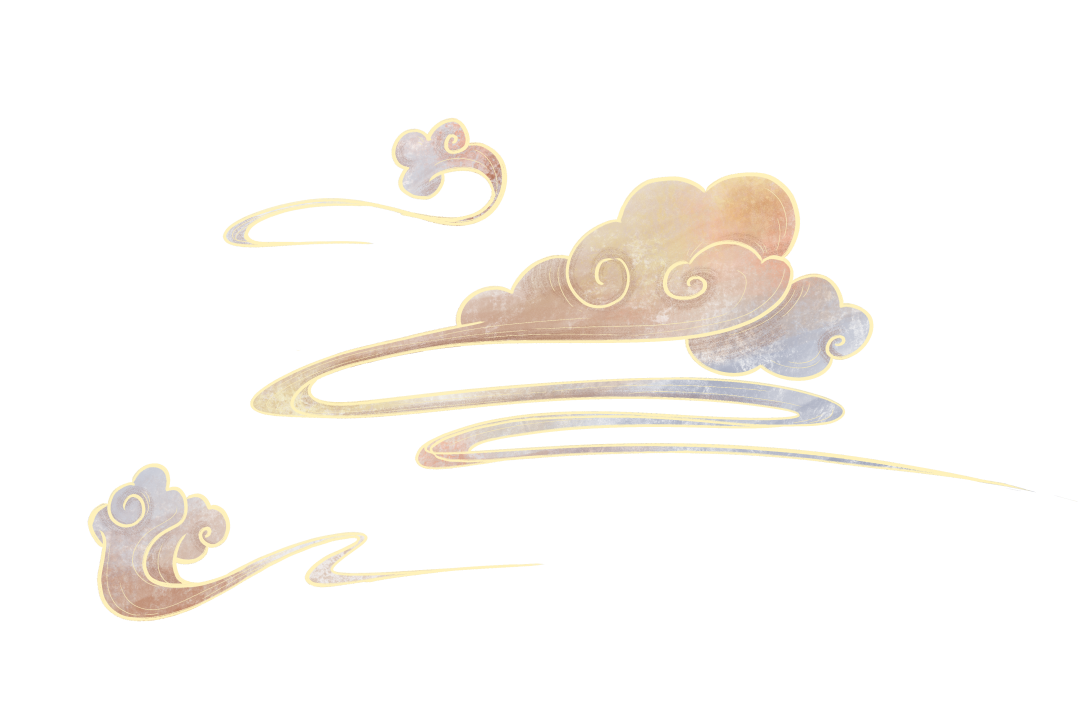


【未完待续】
Coming Soon...

什么!?
慧日国际佛学平台招募义工,
还不赶快报名!
我们用心选择图文,陪伴读者走过漫漫时光,如果您也怀揣信仰,擅长英语、法语、德语、意大利语、西班牙语、葡萄牙语、俄语、韩语、日语、瑞典、挪威语、荷兰语、泰国语等语种翻译,文字编辑,和图文海报设计,那就别犹豫啦!~随喜转发~
邮箱:Huiriguoji_recruit@qq.com
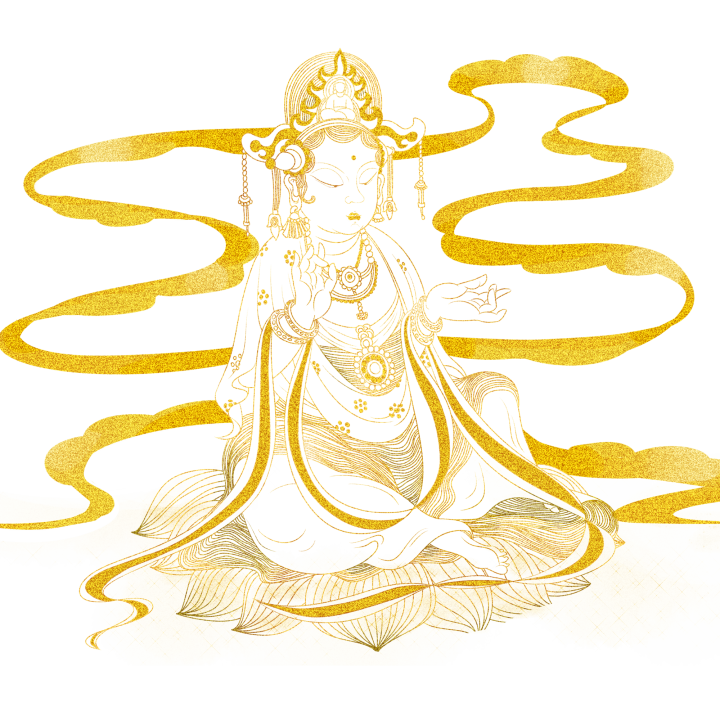

欢迎扫码关注
慧日国际平台
